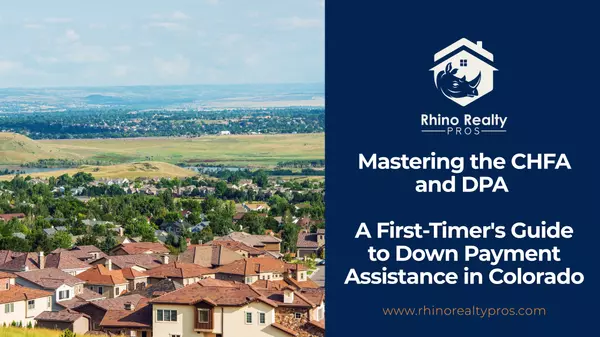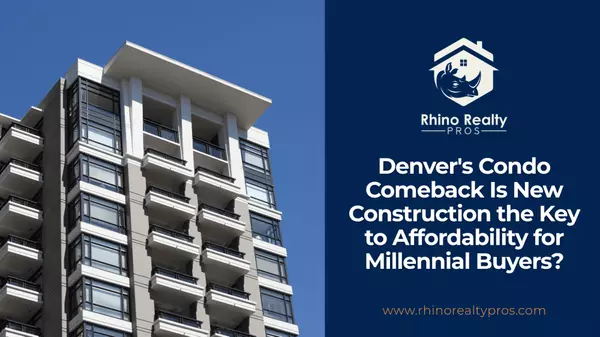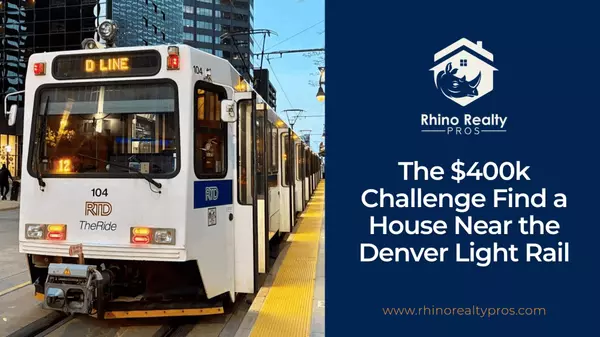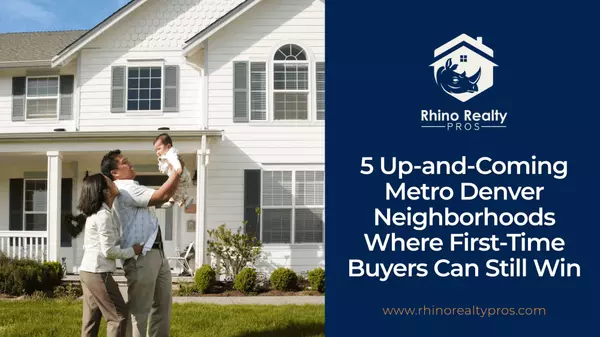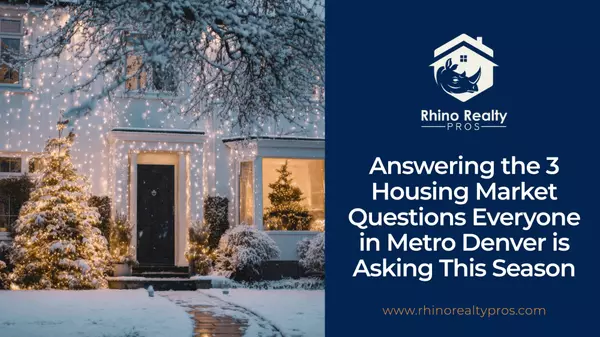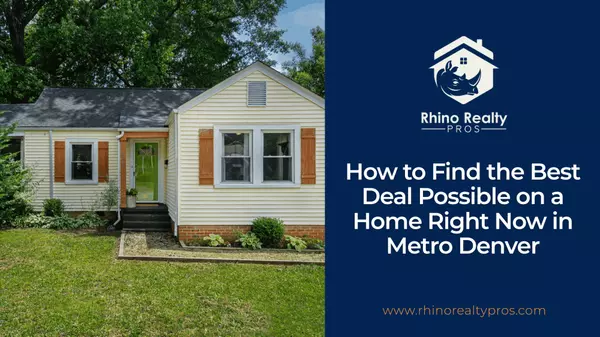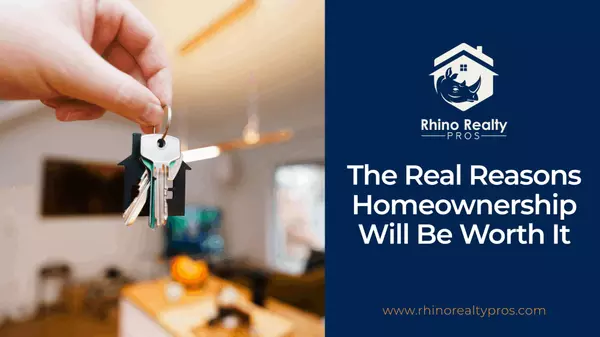The Hidden Risks of "Testing the Market" with a High Price
Every seller wants to get the most money for their home. It’s a natural and understandable goal. But in today’s market, a common mistake can actually prevent you from achieving that goal: pricing your home too high from the start.
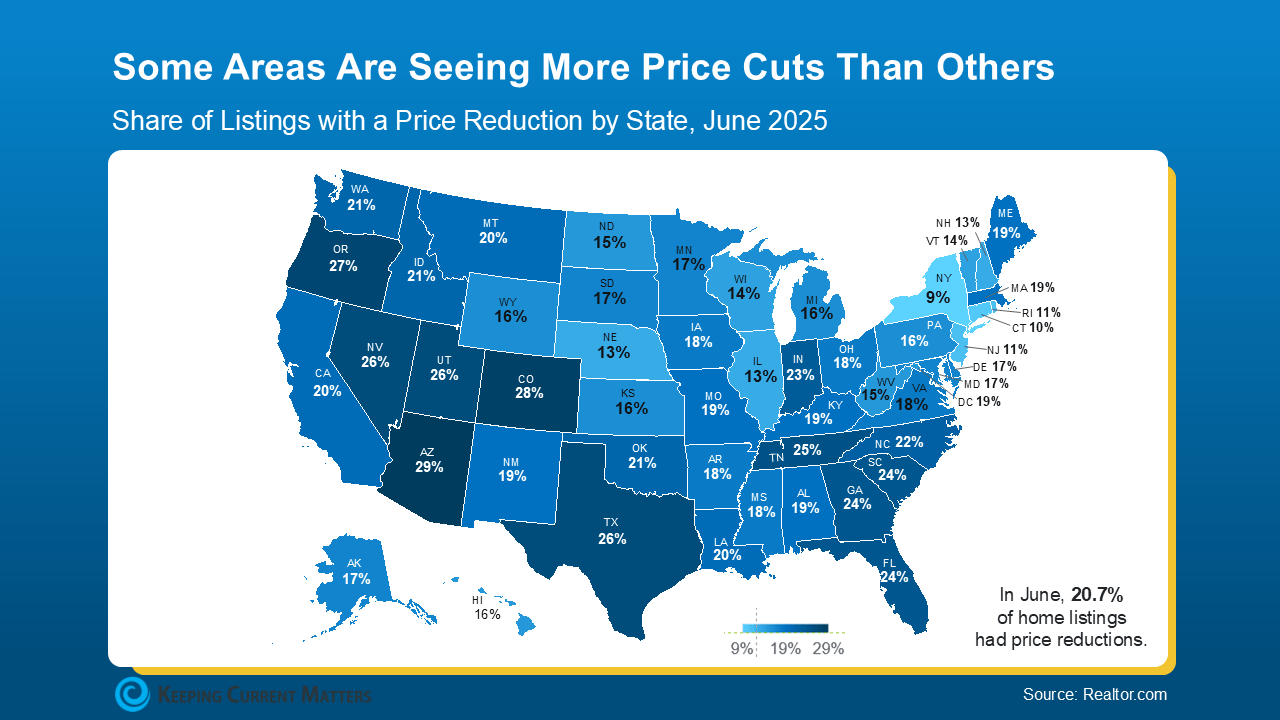
While it may seem strategic to "test the market" with a high price, this approach often backfires. The market has shifted, and today's buyers are well-informed and patient. Overpricing your home doesn't leave you with more room to negotiate; it can lead to three significant risks that will cost you time, money, and your ultimate selling goal.
1. You Miss Your "Prime Time" Window
The first few weeks your home is on the market are the most crucial. This is when your listing is fresh, new to the market, and will attract the most attention from serious buyers and their agents. These buyers are often the most motivated and most likely to make an aggressive offer.
When you overprice your home, you push it out of the price range of its most likely buyers. Instead of attracting a large pool of interested parties, your listing sits with minimal interest, missing its critical window of maximum exposure. By the time you do a price reduction, your home is no longer "new," and buyers may wonder what is wrong with the property, causing it to linger on the market.
2. You End Up Selling for Less
This is the great paradox of overpricing: homes that start off priced too high often end up selling for less than they would have if they were priced correctly from the beginning. A home that sits on the market for an extended period begins to get a "stale" reputation. When a price reduction is eventually made, buyers often view it as a signal of desperation, and they may assume there is an underlying issue with the home.
As a result, they may submit "lowball" offers, or worse, avoid the property altogether. Data consistently shows that homes priced correctly from the start attract more interest, lead to more competitive offers, and ultimately sell for a higher percentage of their initial list price than those that require multiple price cuts.
3. You Alienate Your Ideal Buyers
When you overprice your home, you're not just overshooting the market value; you're also marketing to the wrong audience. Buyers set their search filters based on a specific price range. If your home is worth $500,000 but you list it at $550,000, you will miss out on every qualified buyer who has set their maximum budget at $525,000.
The buyers who do see your overpriced home will be comparing it to others in the $550,000 price range, and your home will likely fall short in terms of square footage, finishes, or location. By pricing too high, you are actively sending your listing to buyers who will find it disappointing and turn to other, more appropriately priced homes.
To avoid these risks, work with a skilled real estate professional to perform a detailed comparative market analysis. Pricing your home right from the very beginning is not about settling; it's about being strategic. It ensures you attract the most interested buyers, sell your home in a timely manner, and ultimately get the most money for your investment.
Categories
Recent Posts
